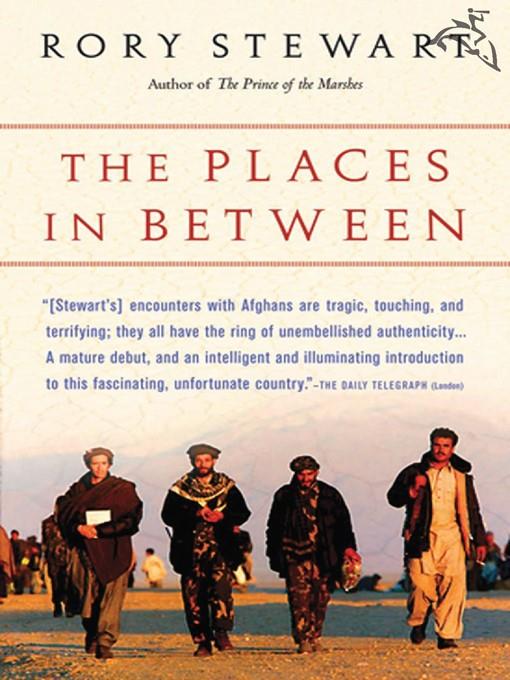
The Places in Between
فرمت کتاب
ebook
تاریخ انتشار
2007
Lexile Score
980
Reading Level
5-7
نویسنده
Rory Stewartناشر
HMH Booksشابک
9780156035934
کتاب های مرتبط
- اطلاعات
- نقد و بررسی
- دیدگاه کاربران
نقد و بررسی

February 13, 2006
We never really find out why Stewart decided to walk across Afghanistan only a few months after the Taliban were deposed, but what emerges from the last leg of his two-year journey across Asia is a lesson in good travel writing. By turns harrowing and meditative, Stewart's trek through Afghanistan in the footsteps of the 15th-century emperor Babur is edifying at every step, grounded by his knowledge of local history, politics and dialects. His prose is lean and unsentimental: whether pushing through chest-high snow in the mountains of Hazarajat or through villages still under de facto Taliban control, his descriptions offer a cool assessment of a landscape and a people eviscerated by war, forgotten by time and isolated by geography. The well-oiled apparatus of his writing mimics a dispassionate camera shutter in its precision. But if we are to accompany someone on such a highly personal quest, we want to know who that person is. Unfortunately, Stewart shares little emotional background; the writer's identity is discerned best by inference. Sometimes we get the sense he cares more for preserving history than for the people who live in it (and for whom historical knowledge would be luxury). But remembering Geraldo Rivera's gunslinging escapades, perhaps we could use less sap and more clarity about this troubled and fascinating country.

April 15, 2006
There are many ways a Westerner can travel to new lands and experience new cultures. One way is to fly in comfort and stay in luxury hotels. Then there is the old-fashioned way, as experienced by Stewart ("The Prince of the Marshes"), the author of this engaging and eminently readable book. A Scotsman who has written for periodicals on both sides of the Atlantic, he decided to explore Afghanistan by walking across the country. This book is the resulting narrative of what turned out to be a 20-month trek from Herat to Afghanistan's capital, Kabul, a journey that Stewart began in January 2002 after he had spent 16 months walking across Iran, Pakistan, India, and Nepal. Stewart has done a masterly job of relating stories of many of the villages and villagers that he encountered, receiving shelter and food and kindness from strangers. He successfully conveys the intricacies of Afghanistan's culture and tradition. Highly recommended for all public libraries." -Nader Entessar, Spring Hill Coll., Mobile, AL"
Copyright 2006 Library Journal, LLC Used with permission.

April 15, 2006
Stewart, a resident of Scotland, has written for the " New York Times" " Magazine" and the " London Review of Books," and he is a former fellow at Harvard's John F. Kennedy School of Government. In January 2002, having just spent 16 months walking across Iran, Pakistan, India, and Nepal, Stewart began a walk across Afghanistan from Herat to Kabul. Although the Taliban had been ousted several weeks earlier, Stewart was launching a journey through a devastated, unsettled, and unsafe landscape. The recounting of that journey makes for an engrossing, surprising, and often deeply moving portrait of the land and the peoples who inhabit it. Stewart relates his encounters with ordinary villagers, security officials, students, displaced Taliban officials, foreign-aid workers, and rural strongmen, and his descriptions of the views and attitudes of those he lived with are presented in frank, unvarnished terms. Nation building in Afghanistan remains a work in progress, and this work should help those who wish to understand the complexities of that task.(Reprinted with permission of Booklist, copyright 2006, American Library Association.)

























دیدگاه کاربران